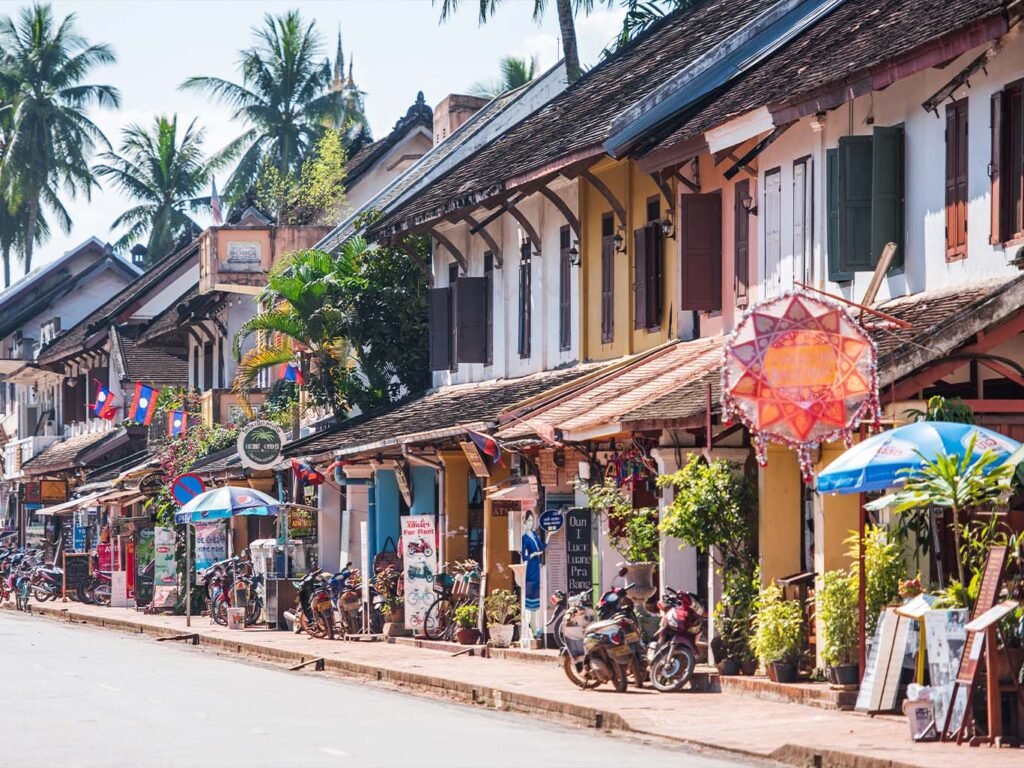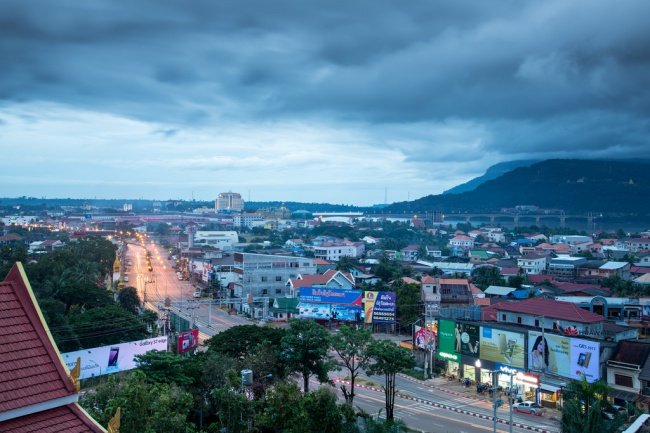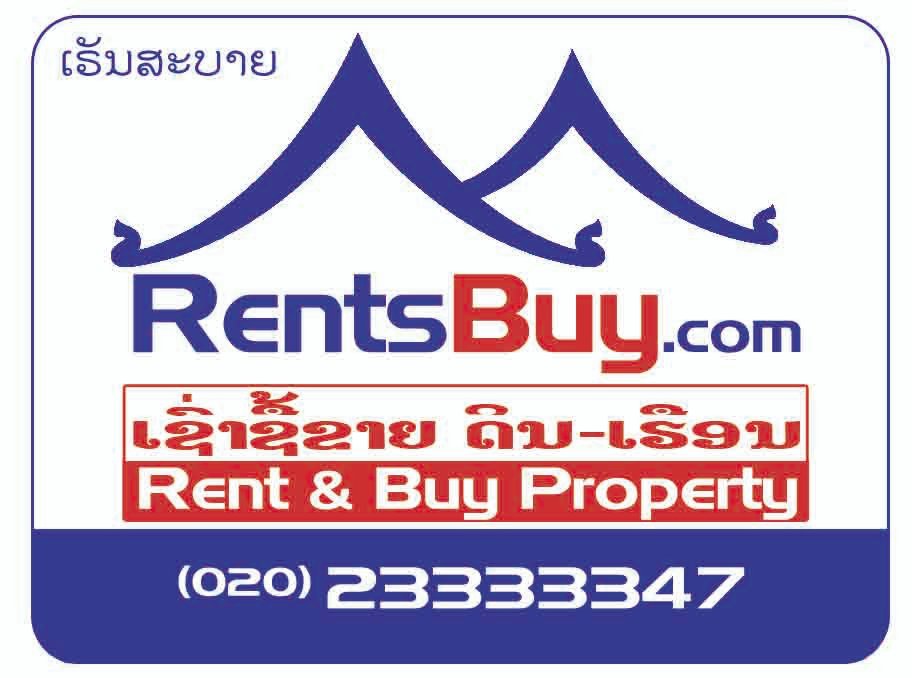Laos is a small country in terms of population, but big in terms of land area. Moreover, it will continue to expand over time, since it has one of the greatest economic development rates in Southeast Asia and is bordered by a number of other rapidly developing nations in the area.
So, how tough is it to buy real estate in Laos?
In comparison to many of its surrounding nations, buying property in Laos is more difficult. For buying the property that is located in a SEZ (Special Economic Zone), this immediately allows to lease the land for up to 75 years. Besides, for the purchase housing with a land lease, this sometimes will cover for up to 30 years, and sometimes also with the option of renewal for up to 99 years.
Is there a restricted tenure on property or homes for sale?
All land in Laos is owned by the Lao People’s Democratic Republic’s government. Land use rights, on the other hand, may be purchased from the government and grant the possessor the right to utilize the land. There is no set length of tenure for Lao residents or people having Lao nationality when it comes to homes for sale or other property. This means that if a Laos native buys a property, they have the permanent right to utilize the land and property. Non-Laotians may buy structures, but they are not allowed to possess land or land use rights.

How tough is it to investing in Laos as a foreigner?
Bringing money in to buy property or stocks is tough for investors. Markets are meaningless if you can’t get into them and benefit from them. In Laos, the state officially owns every plot of land. Land can only be leased for up to 30 years by foreigners.
In this country, foreigners can own houses and other forms of real estate, but not the land on which your property is built. Laos, like other frontier markets, only possesses a slice of a stock exchange. On the Lao Securities Exchange, you may trade in precisely seven businesses. The majority of them are quasi-public businesses, such as the state-owned oil company and the power company. As a result, creating a business is the only practical way for a foreigner to invest in Laos.
Is it legal for anybody (including foreigners) to own and occupy real estate (including shares in property holding corporations) in Laos? Are there any limitations?
Land in Laos is under the ownership of the national community, and centrally managed by the state. Individuals and legal entities exclusively owned by Lao nationals can be granted land use rights, which include:
1. Right to protect land
2. Right to use land
3. right of usufruct
4. Right to transfer land use rights
5. Rights relating to inheritance of land use rights.
Foreign individuals or legal companies may be granted permission to use land for a short time by leasing or concession the land, and they may own structures on such site. When the lease or concession period ends, the building, along with the land, is generally transferred to the state. Nonetheless, the lease agreement or concession agreement will be subject to regulation in other issues.

Is it possible for foreign corporations to borrow money to buy real estate?
There are no constraints. Authorities, on the other hand, may investigate such purchases to see if the lending is part of a strategy to use a Lao national as a nominee.
How much is the fees and costs (including tax) relating to buying real estate in Laos?
According to the Income Tax Law, a tax of 2% of the total value of the land must be paid at the time of title transfer in order to be awarded a land use rights title in Laos. Stamp duty, which is calculated based on the contract’s entire value, will also be required to be paid.
Is there a tax on real estate ownership, and may the burden be passed on to someone else (e.g., a renter or occupier who is not the owner)?
Annual taxes on real estate and land are paid based on the size and location of the property, as well as the type of structure built on it (housing, factories, etc.). While the owner is generally responsible for taxes, conditions in a property lease agreement that transfer the tax burden to the occupier may be agreed upon by both parties.
Is there any tax breaks or other advantages for foreigners who want to invest in Laos real estate?
Land concessions and government-supported industries may be eligible for tax breaks, such as real estate tax holidays, for a limited time. Agricultural and environmental protection are among the sectors promoted, as are environmentally friendly industrial processing of agricultural products, ecotourism, education and skill development, and the development of modern hospitals, pharmaceutical and medical equipment factories, and traditional medicine production and treatment.

Is it possible in Laos to keep the identities of real estate owners private?
There is no legislation prohibiting such information from being obtained. In reality, however, the Office of Natural Resource and Environmental Protection cannot give a document proving ownership of land use rights to a third party without the owner’s permission.
In Laos, how is real estate ownership documented?
The main proof of permanent land use rights is a land title deed. It is filled up in one copy only, based on information from the land registry, and given to the landowner. In compliance with the legal requirements, the owner must retain it as permanent proof until a change occurs.
Source: Asia Property HQ, Invest Asian, Multilaw, Real Estate in Laos






